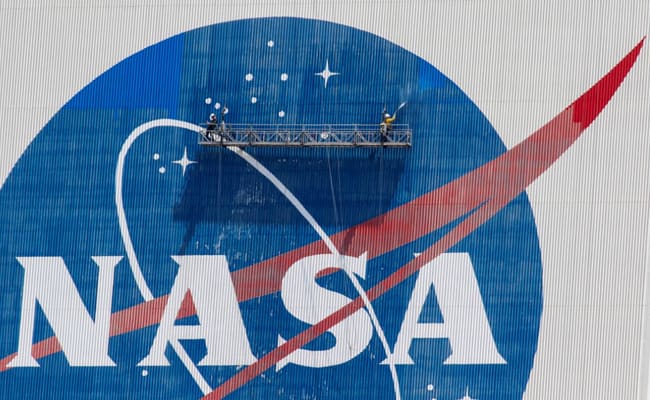[ad_1]

NASA said UAP movement is of relevance to national security and aviation safety.
American space agency NASA is making a team to study unidentified aerial phenomena (UAPs), occurrences in the sky that cannot be linked with an aircraft or recognised natural phenomena. In a statement, NASA said that the team will scientifically understand the UAPs, the agency said in a statement released on June 9.
The research will focus on identifying available data, determining the best way to gather it in the future, and understanding how NASA might use that data to advance scientific knowledge of UAPs.
Also Read | High School Students Pose For Photoshoot In War-Torn Ukraine, Photo Viral
Due to the small number of UAP observations currently available, scientific conclusions on the nature of such occurrences are difficult to draw. Unidentified atmospheric phenomena are of relevance to national security and aviation safety, said the space agency.
Thomas Zurbuchen, associate administrator for science at NASA Headquarters in Washington, said in the release, “NASA believes that the tools of scientific discovery are powerful and apply here also.”
He added, “We have access to a broad range of observations of Earth from space – and that is the lifeblood of scientific inquiry. We have the tools and team who can help us improve our understanding of the unknown. That’s the very definition of what science is. That’s what we do.”
Astrophysicist David Spergel, head of the Simons Foundation in New York City and former chair of the astrophysics department at Princeton University in Princeton, New Jersey, will lead the agency’s independent study team. The NASA officer in charge of the investigation will be Daniel Evans, the assistant deputy associate administrator for research at NASA’s Science Mission Directorate.
Also Read | Golden Retriever Roams Among Tigers Fearlessly, Internet Shocked
“Given the paucity of observations, our first task is simply to gather the most robust set of data that we can,” said Spergel. “We will be identifying what data – from civilians, government, non-profits, companies – exists, what else we should try to collect, and how to best analyze it.”
The research will take around nine months to complete. It will take the assistance of specialists from the scientific, aeronautics, and data analytics sectors to determine the best ways to acquire fresh data and enhance UAP observations.
[ad_2]
Source link



































































